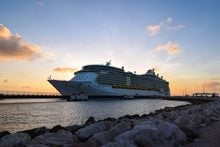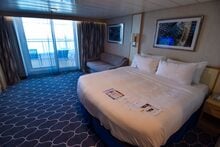The first Royal Caribbean cruise ship to start test cruises is scheduled to set sail today.
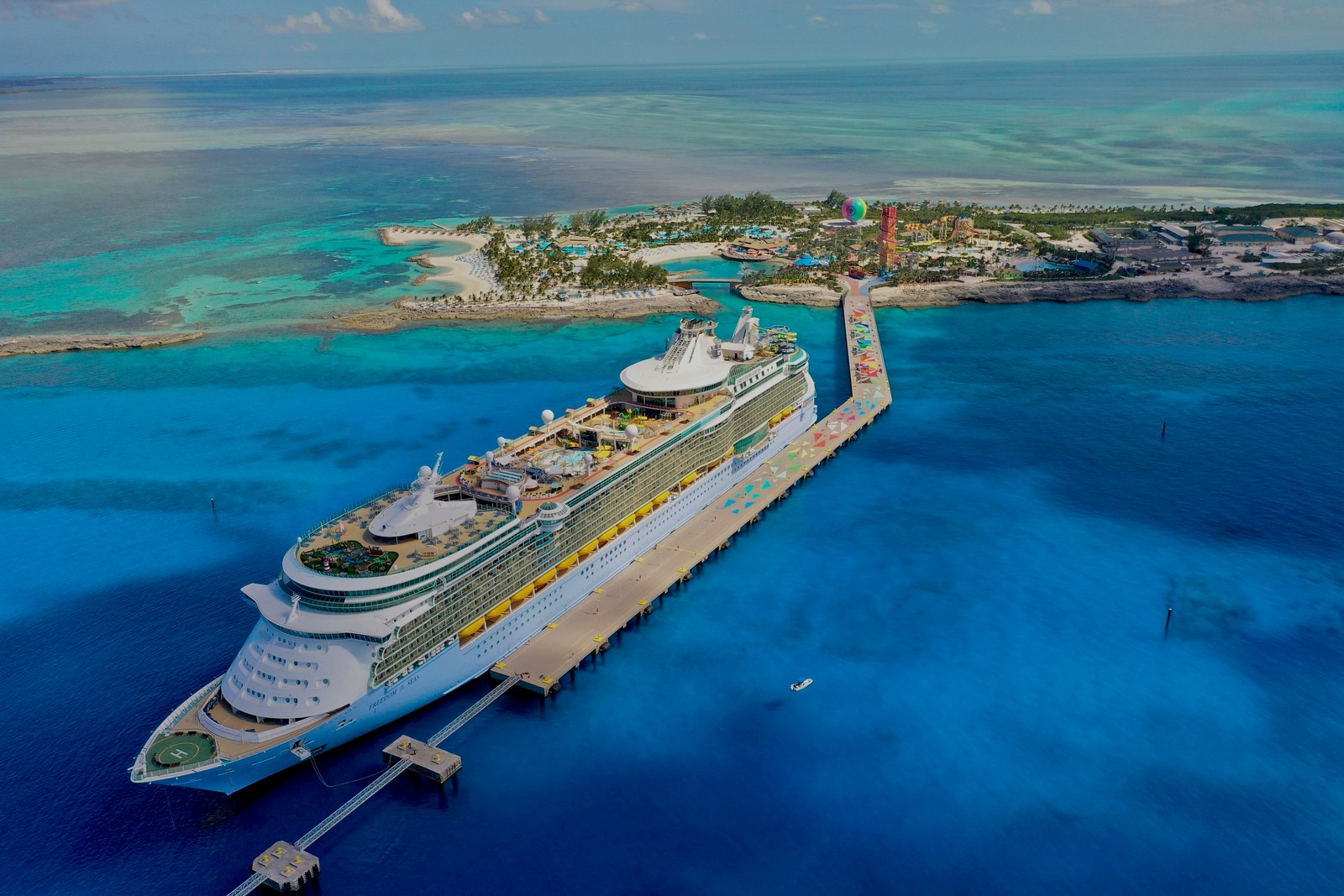
Freedom of the Seas is in Miami to begin a short test cruise, which is a necessary step for revenue cruises to begin.
Royal Caribbean will have 100% of its crew members fully vaccinated on all its sailings.
Royal Caribbean announced a test cruise for Freedom of the Seas back in late May, and she will sail between June 20 - 22.
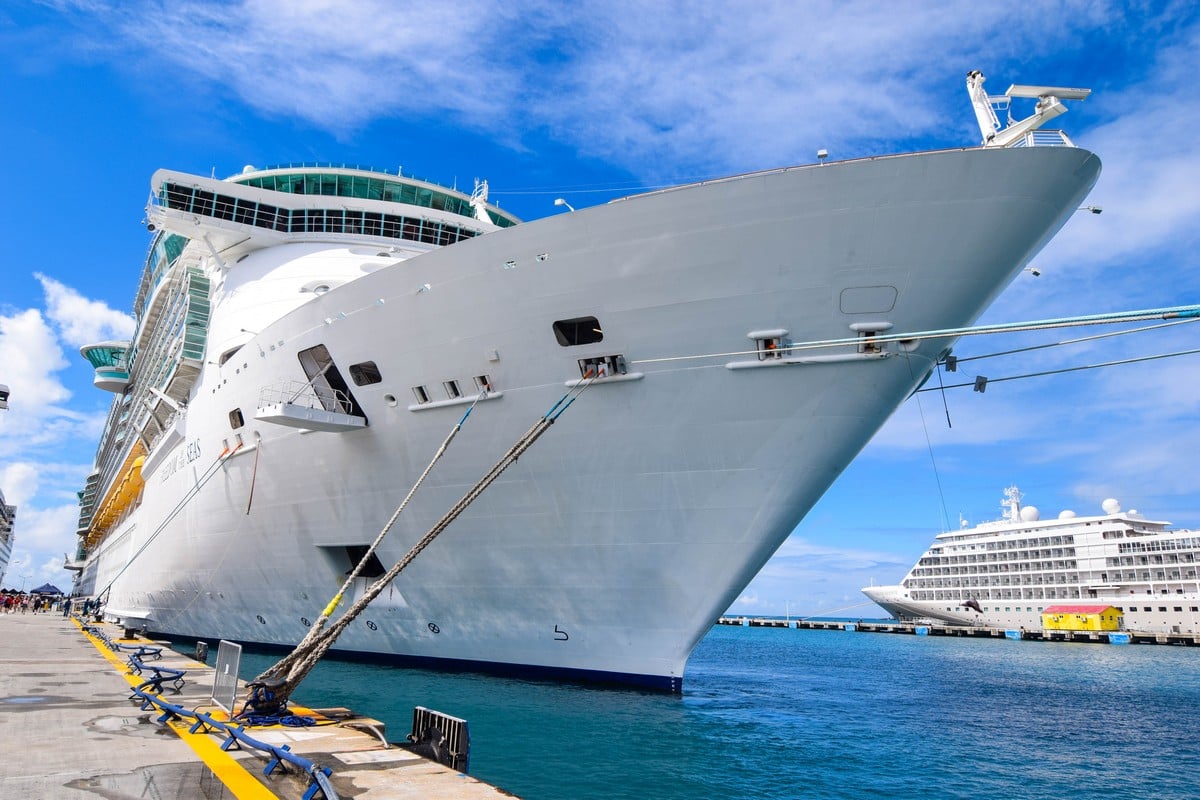
Simulated voyages (also known as test cruises) are when cruise lines can operate ships with volunteer passengers in order to prove their new protocols work.
These are not cruises you can book, but rather, are limited voyages where a cruise line invites certain unpaid volunteers to help go through all the necessary steps and procedures to ensure cruise ships can be run safely.
If all goes to plan, Freedom of the Seas is scheduled to begin revenue sailings from Miami on July 2, which would make her the first Royal Caribbean cruise ship to restart revenue sailings from the United States.
Test cruise requirements

Test cruises come with a variety of requirements that must be completed in order to demonstrate the ship can be operated in a safe manner with the new health protocols
While the ship is indeed conducting a cruise as if it were a normal cruise, the CDC wants the cruise ship to test out procedures and ensure it can handle any health situation it could encounter.
Each ship must conduct at least one simulated cruise, and each voyage must be between 2-7 days in length with a least one overnight stay, including through embarkation, disembarkation, and post-disembarkation testing.
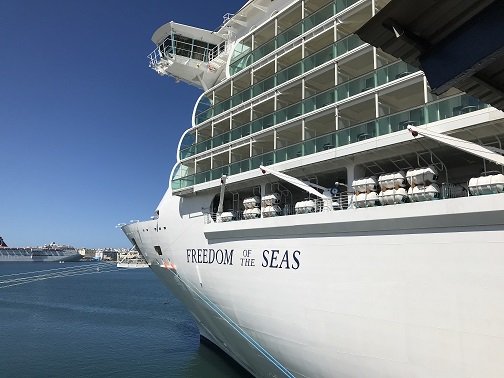
The CDC recommends a test cruise is at least 3 days with 2 overnight stays.
Passengers and crew must meet standards during the simulated voyage for hand hygiene, use of face masks, and social distancing for passengers and crew, as well as ship sanitation.
Royal Caribbean must modify meal service and entertainment venues to facilitate social distancing during the simulated voyage.
And then there is a laundry list of activities that the CDC says the ship needs to test across one or many separate test cruises:
- Embarkation and disembarkation procedures, as approved by U.S. port and local health authorities as part the cruise ship operator’s Phase 2A agreements, including procedures for terminal check-in.
- Onboard activities, including seating and meal service at dining and entertainment venues.
- Medical evacuation procedures.
- Transfer of symptomatic passengers or crew, or those who test positive for SARS-CoV-2, from cabins to isolation rooms.
- Onboard and shoreside isolation and quarantine, as per the terms of the cruise ship operator’s Phase 2A agreements, of at least 5% of all passengers and non-essential crew.
- Recreational activities that the cruise ship operator intends to offer as part of any restricted passenger voyages, e.g., casinos, spa services, fitness classes, gymnasiums.
- Private-island shore excursions if any are planned during restricted passenger voyages. The following measures must be observed on the private island:
- Only one ship can port at the island at any one time.
- A routine screening testing protocol must be implemented for island staff who are expected to interact with volunteer passengers or crew, unless they are fully vaccinated or have documentation of recovery from COVID-19 in the past 90 days.
- Mask use and social distancing must be observed in indoor areas while on the island.
- Port of call shore excursions if any are planned during restricted passenger voyages. The following measures must be observed on port of call shore excursions:
- Shore excursions must only include passengers and crew from the same ship.
- Cruise ship operator must ensure all shore excursion tour companies facilitate social distancing, mask wearing, and other COVID-19 public health measures throughout the tour while in any indoor areas.
- Cruise ship operators must have a protocol for managing persons with COVID-19 and close contacts at all foreign ports of call. At a minimum, the protocol must include the following:
- Disembarkation and housing of persons with suspected or confirmed COVID-19 needing shore-based hospital care and their travel companion(s) for the duration of their isolation or quarantine period.
- Commercial repatriation of U.S.-based persons with COVID-19 and close contacts only after meeting criteria to end isolation and quarantine per CDC guidance. For commercial repatriation of foreign-based persons with COVID-19 and close contacts, cruise ship operators must consult with all relevant public health authorities.



